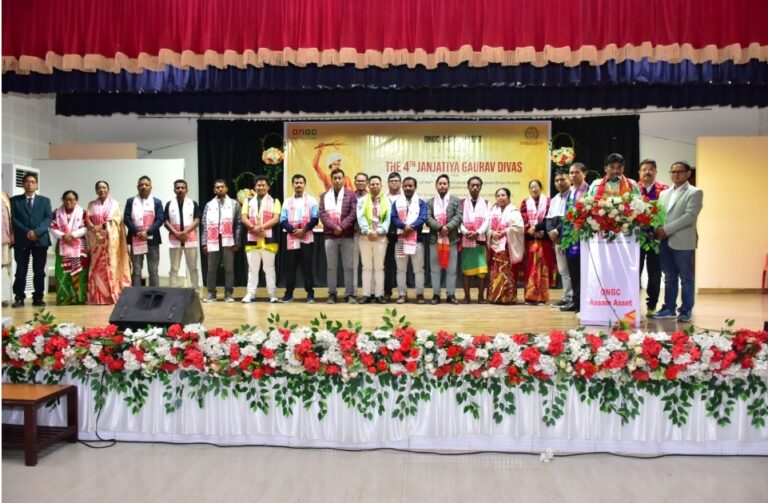Prime Minister Narendra Modi on Monday launched a National Common Mobility Card (NCMC), which can be used to make payments across public transport anywhere in the country, including Metro, bus and suburban railways, for toll and parking, and for retail like any credit or debit card.
The card will function on the “One Nation One Card” model across the country, according to officials from the Union ministry of urban affairs who have been working on it since 2006, when it was envisaged as part of the National Urban Transport Policy (NUTP).
Speaking at a public rally in Ahmedabad, Modi also launched India’s first indigenously developed payment ecosystem for transport, consisting of NCMC, an automatic fare-collection system (AFC) called Sweekar, and a gate and card-reader system Swagat. The three together will enable the use of the national mobility card across the country without a conflict with existing point-of-sale (PoS) machines, said an official from the ministry who asked not to be named.
“It is a matter of pride that this card, based on NCMC standards is compliant with the ‘Make in India’ initiative. The gate and reader prototype has been made by government owned Bharat Electronics Limited (BEL). Translating hon’ble PM’s vision of One Nation One Card it will work seamlessly across Metro, Bus rapid transit (BRT), city bus, suburban rail, parking, toll etc. All Debit/Credit Cards will be NCMC compliant,” Durga Shanker Mishra, secretary, ministry of urban affairs said.
The cards can be issued by all public and private banks the same way credit, debit, and prepaid cards are issued. “They will be on the same platform as these cards, with the same billing mechanism,” said the official cited above. “The NCMC ecosystem offers the value proposition for customers as they need not to carry multiple cards for different usage. Further, the super-quick, contactless transaction will improve the seamless experience.”
The Aam Aadmi Party (AAP)-led Delhi government in December had launched a common mobility card for travelling in Metro trains, Delhi Transport Corporation, and cluster buses. These cards, however, cannot be used for paying parking fees, at toll booths in the Capital, or for retail.
The urban affairs ministry formed a committee in 2014 with representatives from National Informatics Centre (NIC), Centre for Development of Advance Computing (C-DAC), Bureau of Indian Standards (BIS), National Payment Corporation of India (NPCI) and the ministry of finance to develop the NCFC ecosystem.
“Based on the best global practices, the committee recommended an EMV-based (chip-based) ‘Open Loop Card’. These are bank-issued cards on Debit/Credit/Prepaid card product platform. The customer may use this single card for payments across all segments. The stored value on card supports offline transaction across all travel needs with minimal financial risk to involved stakeholders. The service area feature of this card supports operator specific applications e.g. monthly passes, season tickets etc.,” the ministry official said.
The government launched a pilot project for the NCMC ecosystem on January 31 with the Delhi Metro Rail Corporation (DMRC).
“Under this pilot, NCMC compliant gates have been deployed at various stations of DMRC and cards have been issued by multiple banks to the users. The first-level trials have been successfully completed in collaboration with CDAC, BEL, National Payments Corporation of India (NPCI), and State Bank of India,” the official added.


















